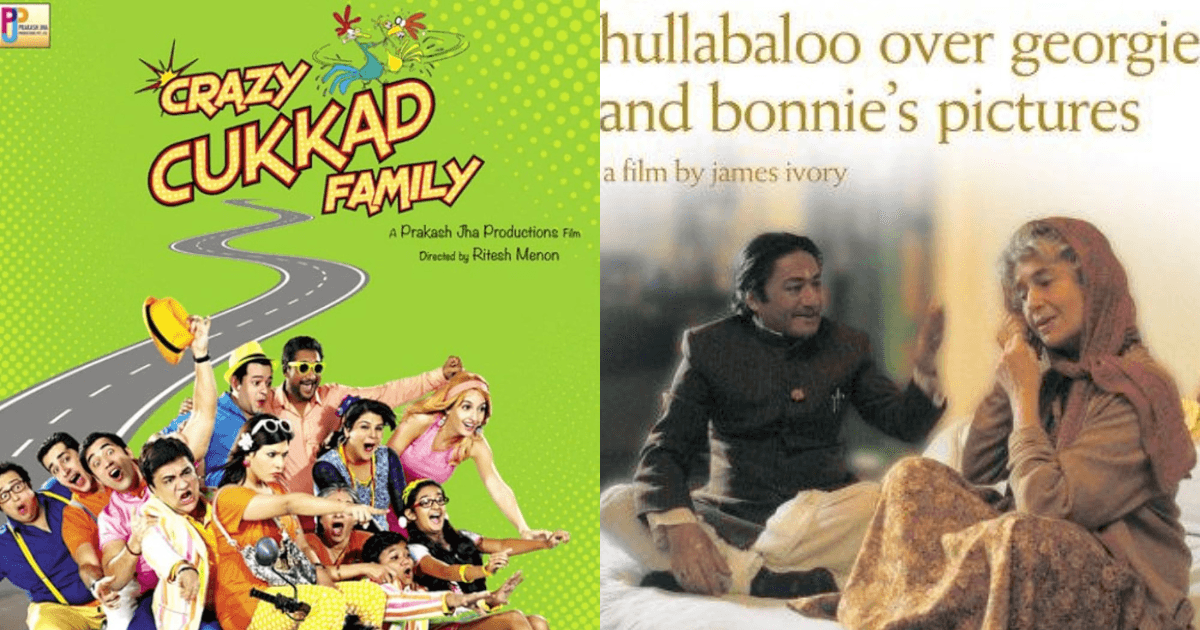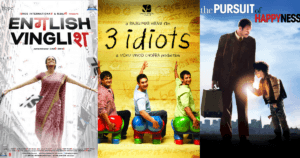Once upon a time, we found out about film releases through trailers, now, we find out about them through ‘boycott hashtags’. And really, having an opinion (in subjective matters, specifically in a democracy) isn’t the problem. But, let’s just face it, the boycott trend is more than just opinions, it’s quite literally referred as ‘culture’ now. The definition of ‘boycott’ is – to withdraw from commercial or social relations with (a country, organization, or person) as a punishment or protest. So, we can go on and say that it’s a choice to not watch certain films; but asking/pushing others for it, or criticizing people who choose to watch them, is not just a personal opinion.

Sure, critiquing art and cinema is important because they’re a major part of how ideas are formed, or how society runs (at the community level). And when a film is released for the audience we must call out what’s wrong, so that there’s more sensitivity. However, there’s a massive difference between calling out someone/something to see change and calling out to take away their voice.
Sharing opinions, disliking a film and pointing out its flaws is normal, in fact, it’s important, but that can’t be known before we watch it. The problem with the boycott trend is that we’re being asked not to watch films much before their release, hell, even before their trailers are out. Basically, people are not basing their opinions on the substance (story, characters… you know, important things). And here’s the bigger problem, we’re expected to protest films based on the religion, gender, sexual orientation, or personal opinions of the artists involved. When we’re boycotting cinema based on these grounds, it says a lot more about us as people than it does about the quality of the film.
In the case of Laal Singh Chaddha, some part of this criticism was based on what Kareena Kapoor Khan named her child. To think that it’s an issue (at all) and an argument to cancel an actor and their work! We also saw how Aamir Khan was exposed to Islamophobic comments, and none of the trolling was really about the film. So, how can this be called ‘harmless’ criticism?
Now, with Darlings, the major trigger point was, that it promoted ‘violence against men’. Here’s the thing: A) Anyone who’s watched the film knows that it doesn’t glorify violence towards men (even if they’re abusive), but merely holds a mirror. B) Where are these people when there are actual incidents of domestic abuse towards women? Also, let’s take Kabir Singh as an example here, the film sparked many arguments (as it should), but there was hardly any propaganda against watching it. So, clearly, the boycott culture is based out of convenience and not the need to take a ‘stand against the wrong’.
A piece of art should be questioned for how it looks or what it imparts, and not for what the artist eats – it’s as simple as that. But, at this point, it’s as if we dislike a person and start dismissing everything that they do, whilst making up irrelevant arguments that are hardly related to their work. Imagine taking a pitch to your boss who dismisses it without even having a look, just because they do not like the person you married. It might sound like an over-exaggeration, but it’s exactly what we’re doing. For actors, writers, directors, producers, and the entire crew involved in a film, it’s their work at the end of the day.

There are times when I enjoy a Hindi film, and there are other times when I’m not the biggest fan of Bollywood. So, there’s no personal attachment here. But, circulating opinions based on sheer hate or for an agenda can actually have an impact, like every message has an impact. So, while people consider not watching a film, just because they heard someone talking about the boycott, it will eventually affect the business. And sure, daily wage workers might get paid before the release of the film. But, if the producers do not earn enough from previous projects, they cannot splurge on the upcoming ones. Isn’t that how incomes are affected in any business? “Industry standards” of the salary that is paid to the crew are inferior, to begin with, but they will deteriorate if there isn’t any business at all.
We cannot even imagine the pressure on artists after they put years of effort into a project, and it is not even given a fair trial. Being a public figure does add on more responsibility than normal, but that doesn’t give us a free pass to scrutinize, quite literally their entire life. And then we expect them to put a happy face and say nothing, even when they’re blatantly attacked for being who they are.
Also, if we actually insinuate fear among artists for having an opinion, or what they choose to show, that will eventually hinder creativity. I mean, why would I make something that is unique or different if I can be put out of work for doing it? And we must not forget that we relied on art and cinema when the world had quite literally stopped during the pandemic. It is what kept us motivated. So, we need films, more than they need us. And hence we do need Bollywood to continue creating content.
And now is the time when we need to care about films more than ever.

















